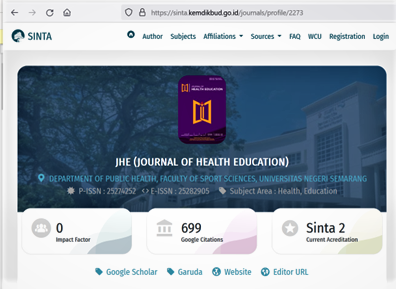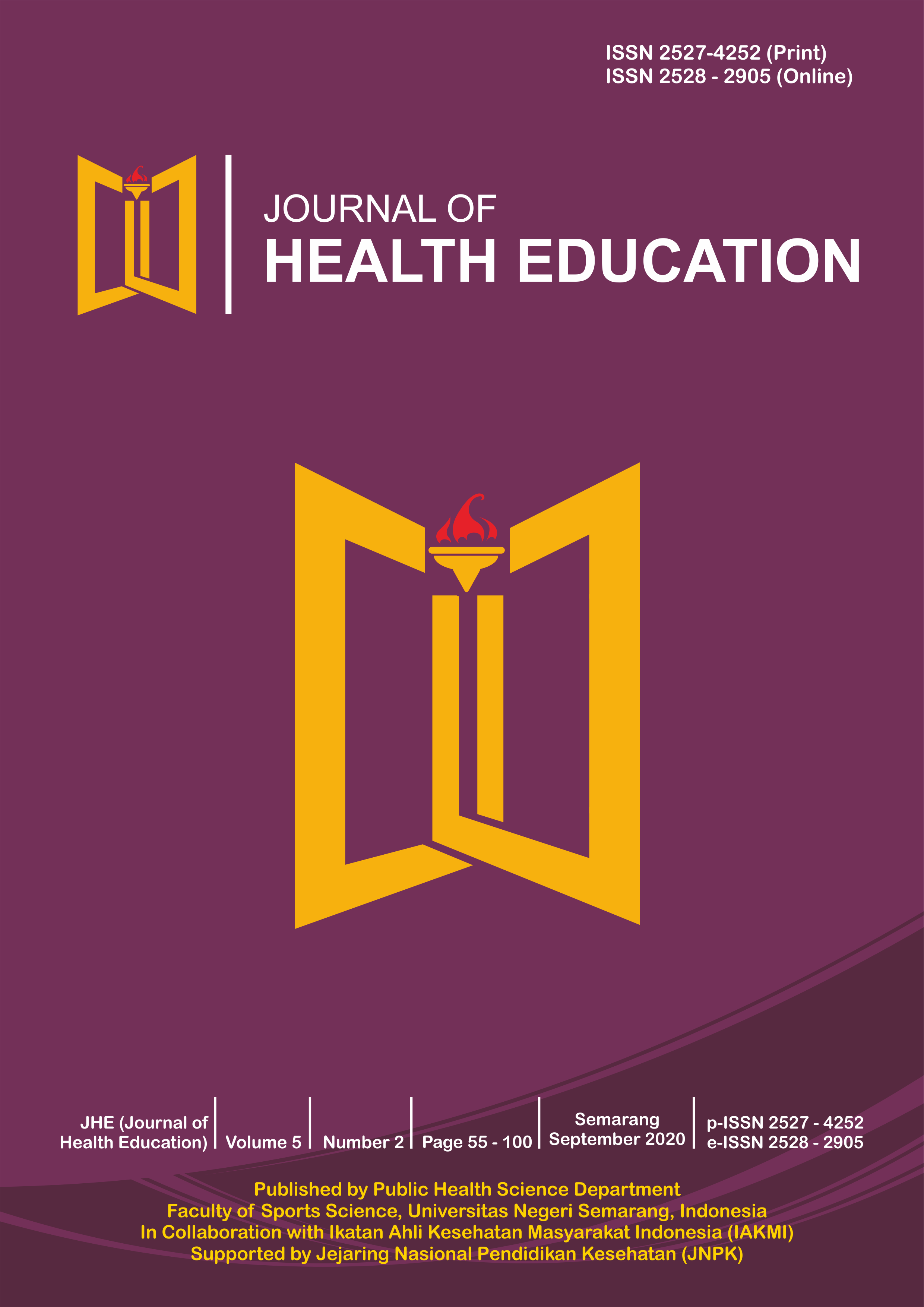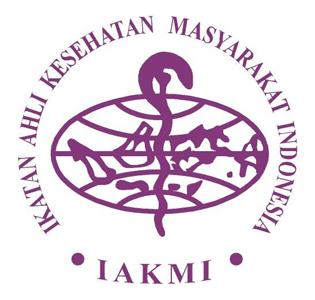Quality of Life in Tuberculosis Patients in Yogyakarta
Abstract
Background: Tuberculosis is still a health problem globally and in Indonesia. Case findings that are still low have an impact on the control and achievement of tuberculosis treatment. Patients diagnosed with tuberculosis will experience several clinical symptoms that can affect their comfort in life, reducing their quality of life. The findings of many cases of tuberculosis have a low quality of life. Whether or not the quality of life can affect the success of treatment. This study aimed to determine the factors associated with the quality of life of tuberculosis patients. Methods: This research is a descriptive study with a cross-sectional design. The population is all tuberculosis patients, and a sample of 75 people is obtained, which is calculated based on the sample size formula. The sampling technique used was purposive sampling. The data obtained were then analyzed using Spearman's rank test. Results: The results of factors that related are stigma (sig=0.049) and self-efficacy (sig=0.035), while the elements that are not related are knowledge, attitudes, motivation, family support, support from health workers, and medication adherence. Conclusions: Stigma is a factor that affect the low quality of life of tuberculosis patients.






